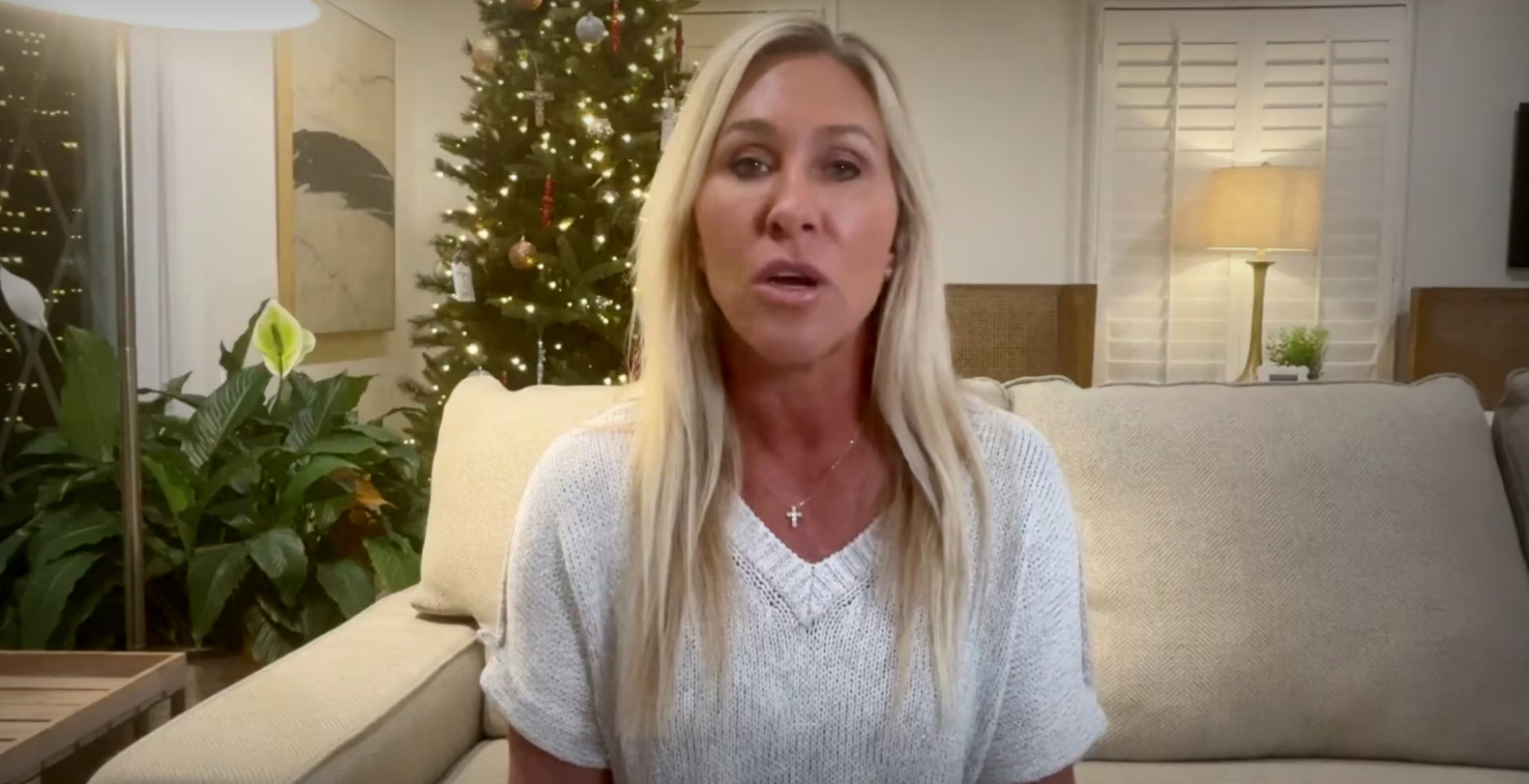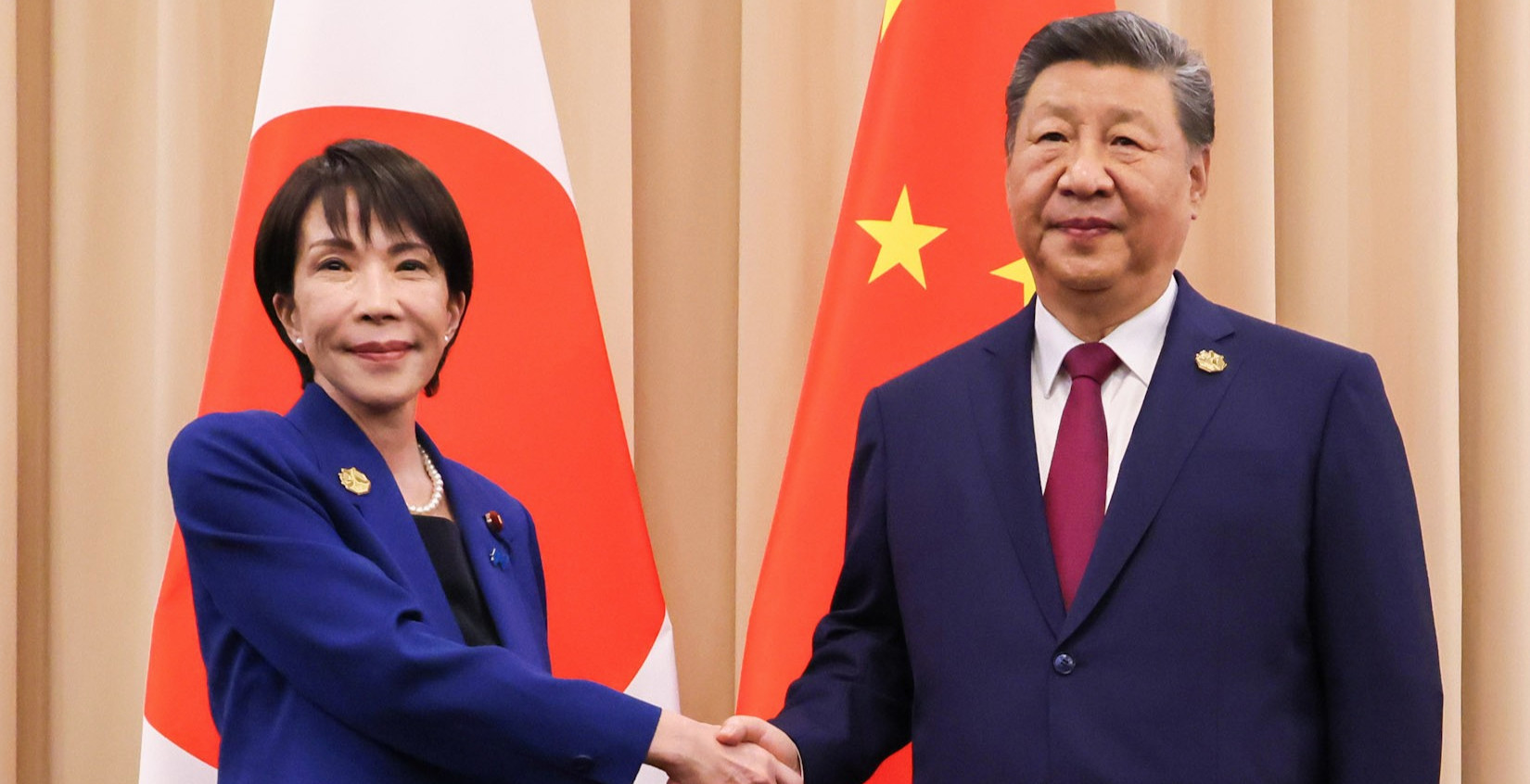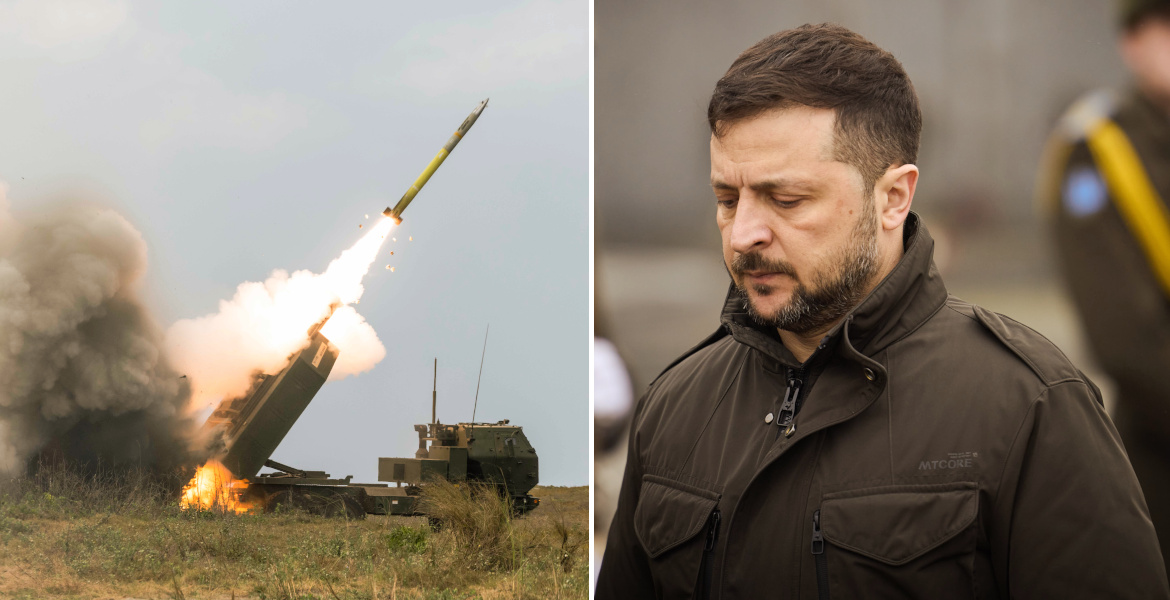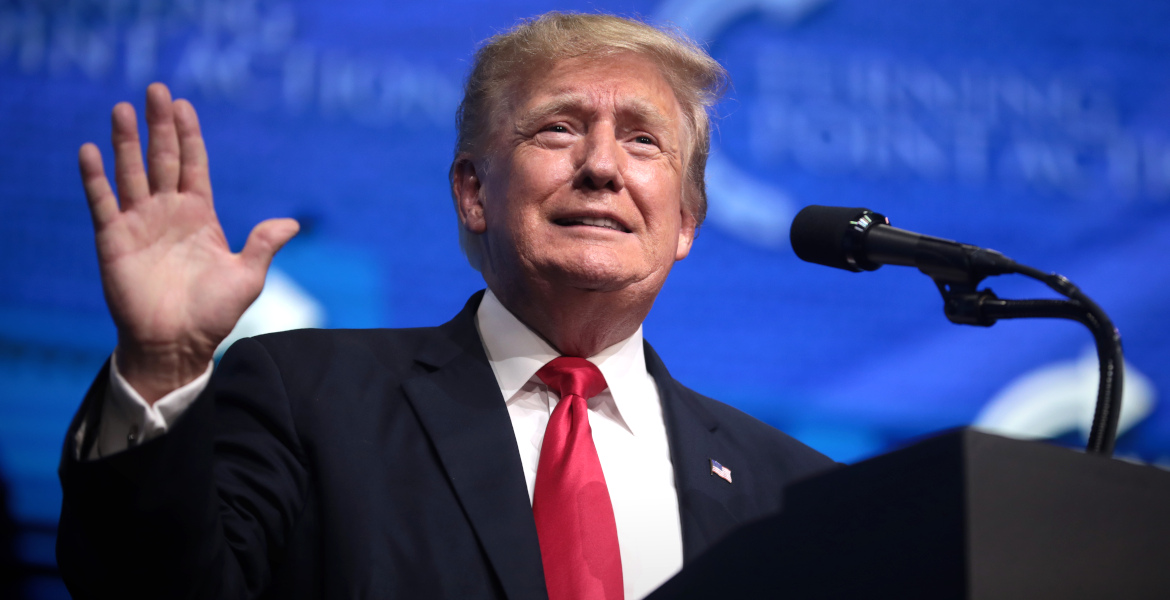Four years after launching a major initiative to increase so-called diversity in the company's various sectors, McDonald's management suddenly announces that it is ending several of its politically correct initiatives.
Citing a 2023 U.S. Supreme Court ruling that banned affirmative action at the nation's universities, management says the "shifting legal landscape" is behind the decision.
The alleged diversity measures have mainly involved McDonald's itself and its suppliers and partners placing quotas on members of ethnic, religious and sexual minorities in various management positions. However, critics say the real aim has been to remove white people in general – and white men in particular – from positions of power and influence.
The fast-food chain is just the latest in a series of large companies that have recently revised or completely stopped their DEI (diversity, equality and inclusion) initiatives. Harley-Davidson and Toyota, among others, have made similar decisions.
In the case of the motorcycle manufacturer, the change took place after a large number of customers and motorcycle enthusiasts got tired of the company management's "politically correct transformation" and left-wing political activism and threatened to boycott the company completely.
The meme has been updated. Maybe now the haters will understand that my strategy works.
We’re winning and we WILL make corporations sane again. You’re going to love what comes next. Get on board or get out of the way. pic.twitter.com/iBKv8EJPZ0
— Robby Starbuck (@robbystarbuck) August 19, 2024
Although several DEI initiatives are now disappearing, McDonald's management is careful to point out that the company's "commitment to inclusion is steadfast".





